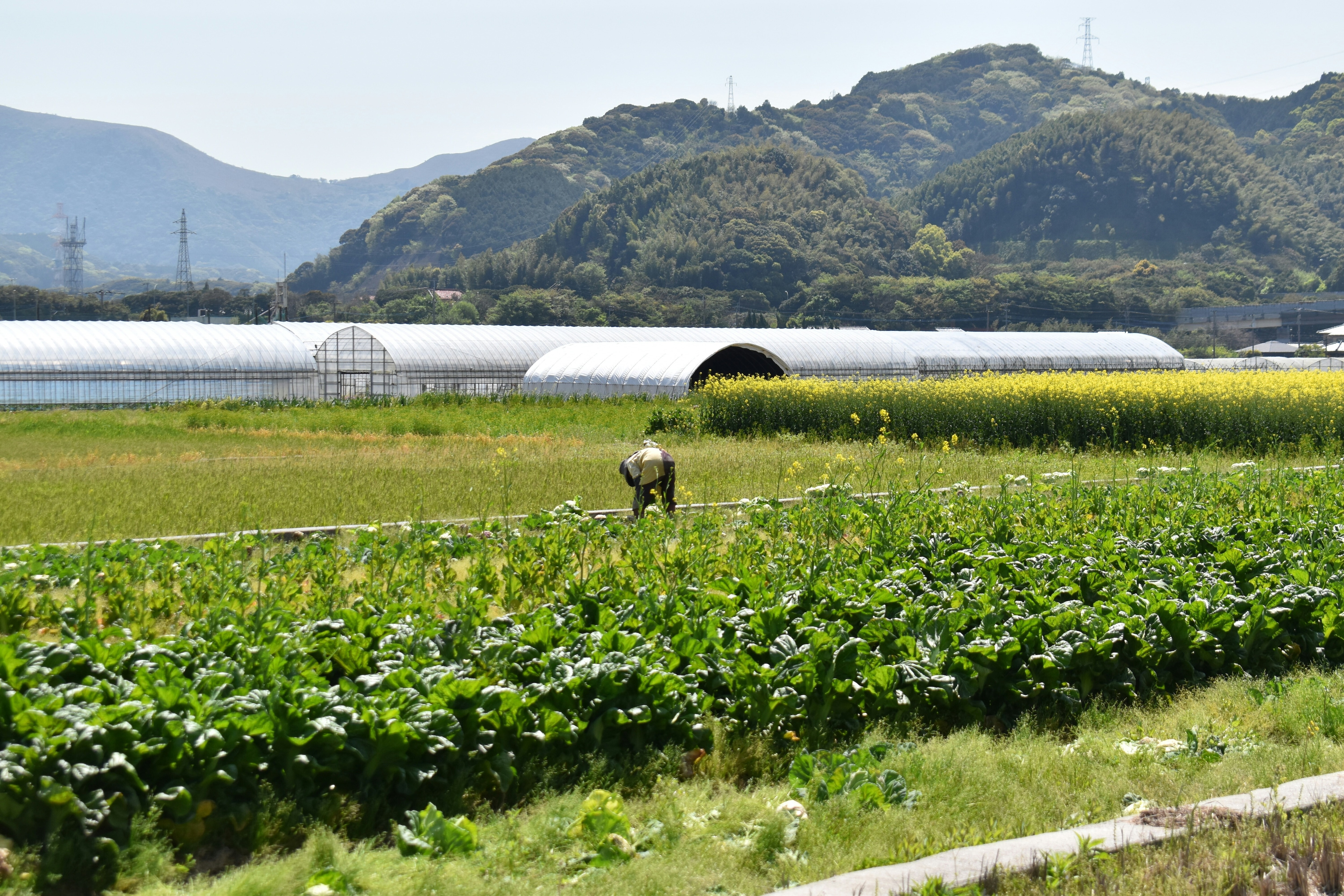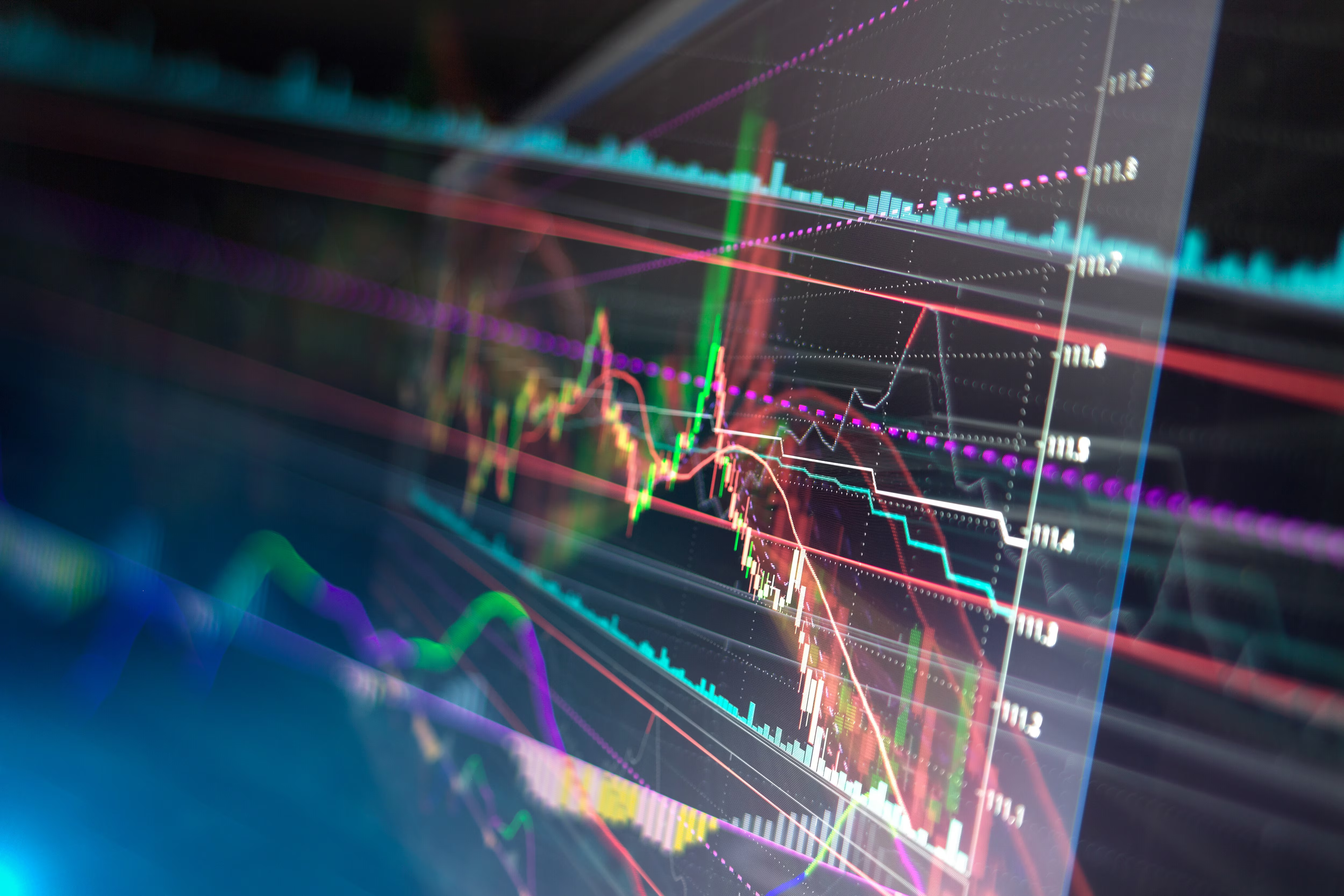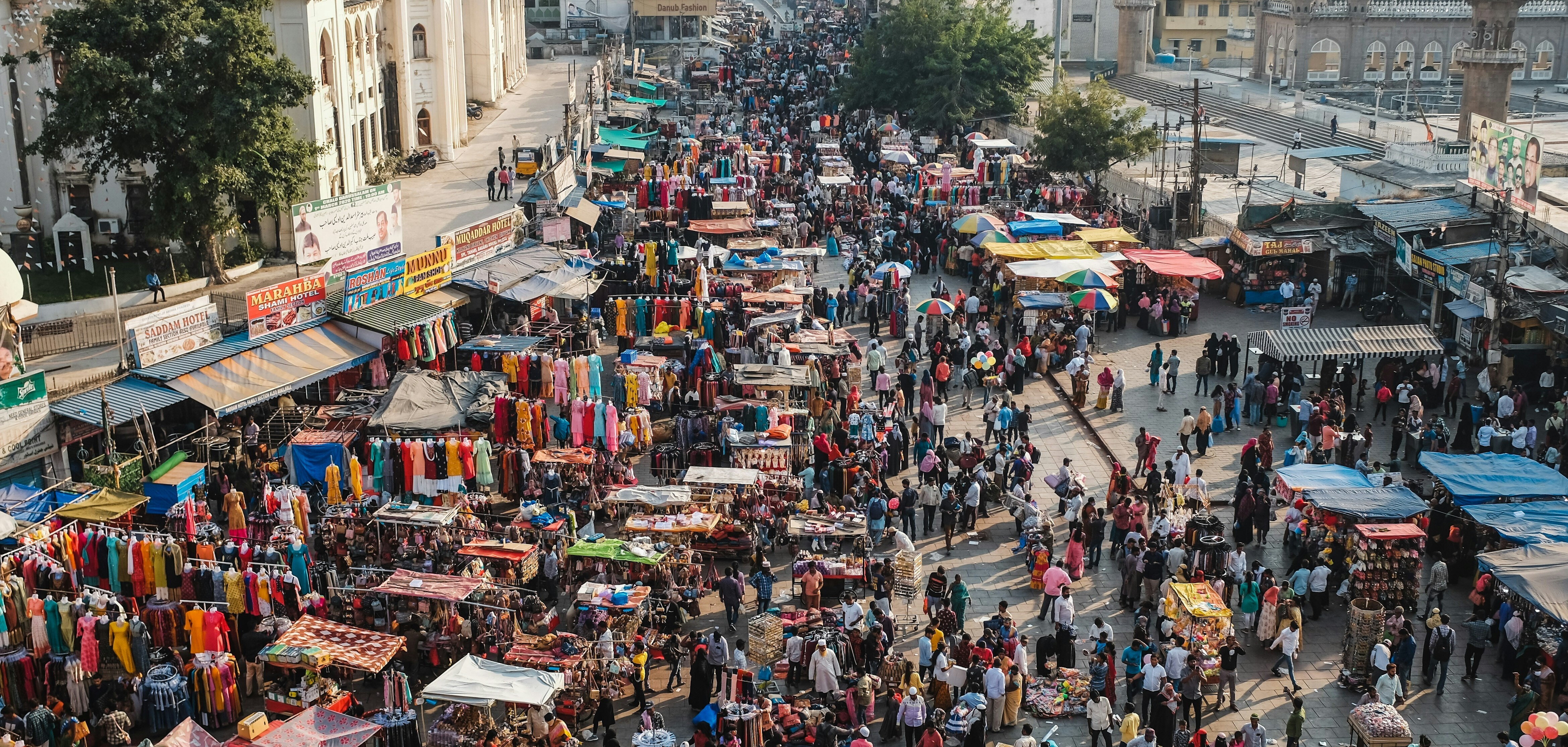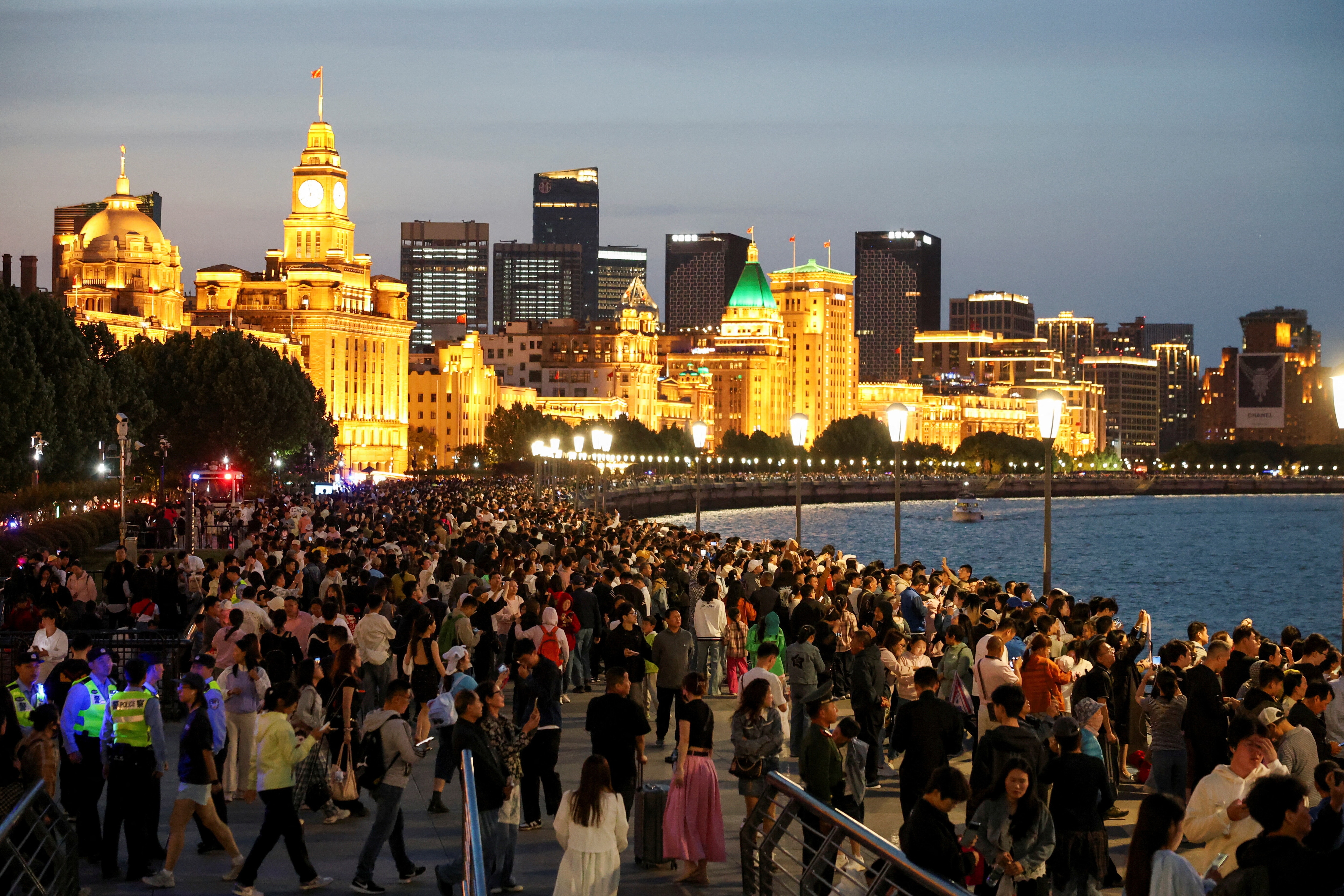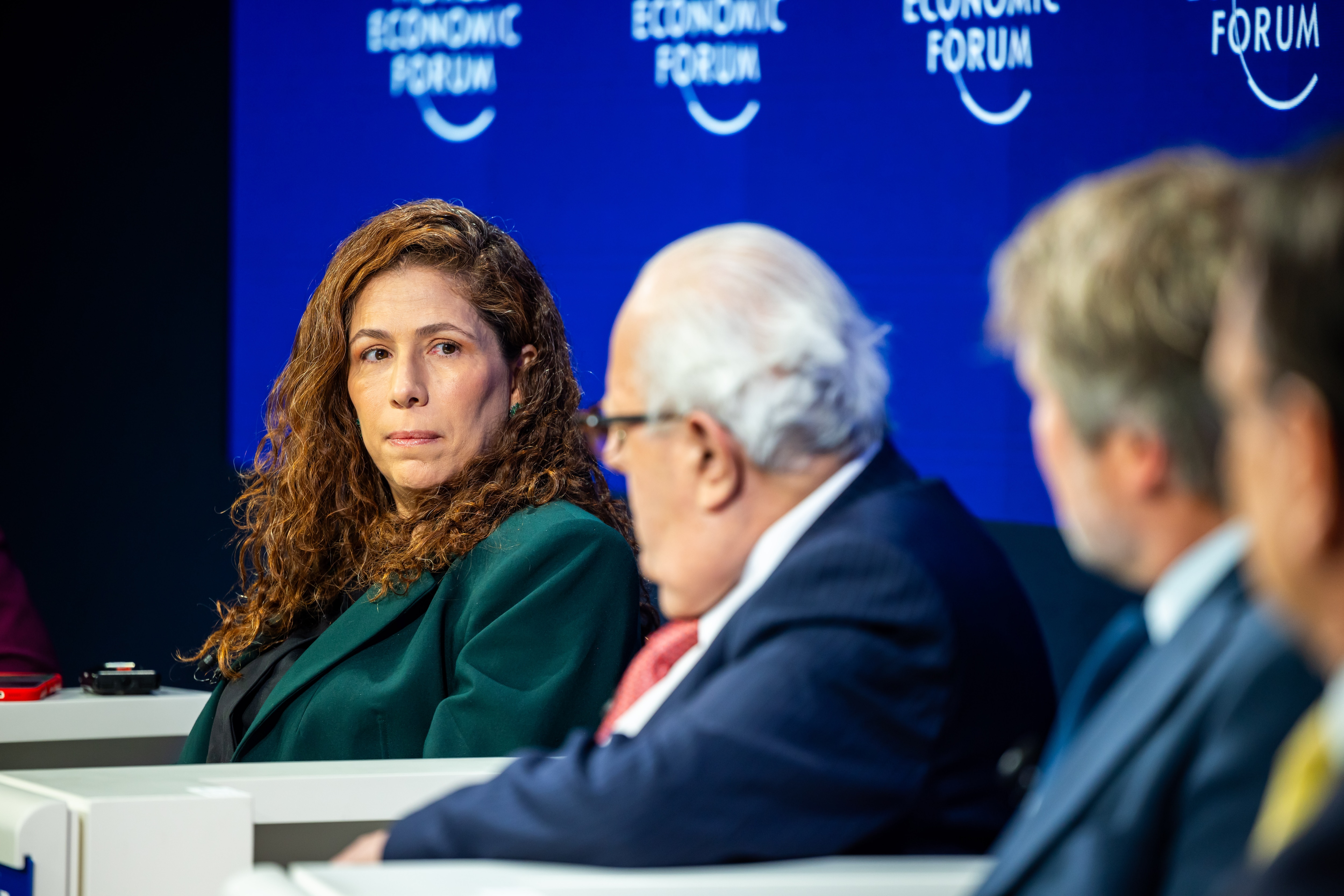France’s next president has a Herculean task: uniting a bitterly divided country

In a few weeks, French voters will elect their next president Image: REUTERS/Charles Platiau
I wish I could enjoy the moment of relief that my like-minded friends and colleagues experienced when last night’s results fell in France, with Emmanuel Macron making it through to the second round of the French presidential elections (the centrist candidate will face off with far-right Marine Le Pen in a couple of weeks). Yet, amid the political turbulence characterizing our Western societies, I just can’t. Elections aren’t sports events with winners and losers. In our highly-polarized nations, an electoral victory no longer ensures nor translates into societal acceptance and popular support for change.
I predict that French society is set to grow more divisive and polarized than ever as a result of these elections. While the two-round electoral system has historically fueled such an electorate split, this time is different: no candidate obtained a quarter of the votes and bitterness pervades the big losers.

First, the language, tones and attitudes of the candidates have shattered the so-called “Overton window”, that range of ideas, behaviours and language the public will accept. After witnessing the emergence of this phenomenon in the UK’s Brexit vote, then in the United States presidential elections, now it is France’s turn. Scandals have dominated debates, mainstream media has been flagellated, alternative news has gone viral on social media, candidates have reneged promises of being exemplary models of conduct in society.
Second, the political landscape is in disarray: not only did the far right once again make it into the final round of a presidential election and the centre-left virtually disappear from the map, but also no mainstream political party survived the electoral vote.
Third, the gap between the two emerging presidential candidates is virtually unprecedented, and their electoral gap is even smaller than in the 2002 duel between Jean-Marie Le Pen (Marine Le Pen’s father, who founded the Front National, the party she now leads) and Jacques Chirac.
If Macron propose an open, liberal and pro-EU candidate, Le Pen offers a closed, protectionist and Eurosceptic future. The two opposing candidates incarnate two models of society that are so divergent that their inherent worldviews are impossible to reunite.

Yet attempting to reconcile the two is the challenge the next president and their government must tackle. France’s legislative elections this June, when the country will decide which parties will make up the National Assembly, could make France almost ungovernable, with a divided Parliament reflecting the fractious politics of the five main candidates.
Given his consensual style, no doubt Macron is better placed than Le Pen to see and grapple with this uniquely French dichotomy. But even the best intentioned politician might not be able to deliver on this Herculean task. The question is whether and how Macron will be able to transform the endorsements he easily obtained from French mainstream parties into a solid parliamentary majority in the forthcoming elections.
As an EU citizen convinced in the absolute necessity of not only maintaining but also advancing the European project, I am extremely concerned about the prospect of a fresh outbreak of anti-European sentiment. Let’s face it: less than 50% of French citizens backed pro-EU candidates (49.44% of French voters backed Macron, François Fillon of the Républicains party and Benoît Hamon of the outgoing Socialist party, versus the 49.31% who voted for the far-left and far-right).
Macron stands for a model of society that too many in France are not ready to believe in, as it is perceived as excessively liberal, uberized and might lead to a further transfer of sovereignty to the EU. While this model of society might do a good job in creating substantial wealth, it fails to bond society as a whole.

This will make his vision for a more open and liberal France in a strengthened European Union difficult, if not impossible, to translate into reality.
Germany, and its two contenders in the country’s upcoming elections, is set to be the final gate-keeper to this frontal attack to European values such as openness, fairness and justice. Yet this won’t and should not suffice to save us from ourselves.
Today in the Paris metro and then in the classroom at my university, HEC Paris, I couldn’t help feeling odd. I am living in the most polarized society I’ve ever experienced.
Yesterday’s election has and will continue to split French society. This is fundamentally new and unsettling for my generation, in the Old Continent, and should become a source of concern for the older and younger ones.
More than ever before, Europe’s future is in our hands.
Don't miss any update on this topic
Create a free account and access your personalized content collection with our latest publications and analyses.
License and Republishing
World Economic Forum articles may be republished in accordance with the Creative Commons Attribution-NonCommercial-NoDerivatives 4.0 International Public License, and in accordance with our Terms of Use.
The views expressed in this article are those of the author alone and not the World Economic Forum.
Stay up to date:
France
Forum Stories newsletter
Bringing you weekly curated insights and analysis on the global issues that matter.
More on Geographies in DepthSee all
Naoko Tochibayashi
February 17, 2026

